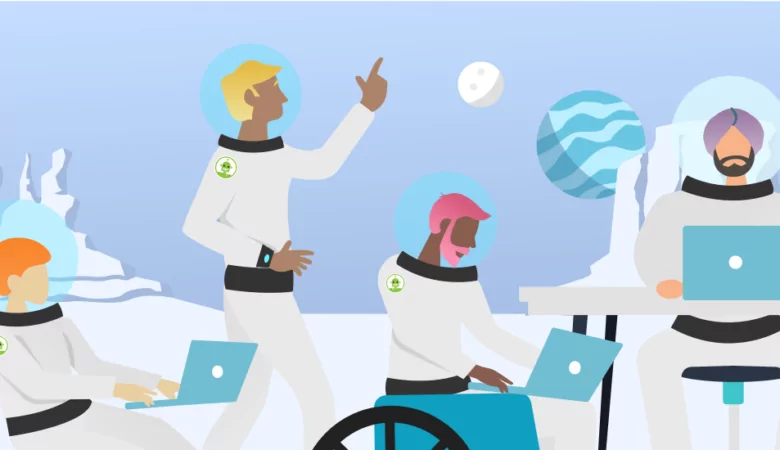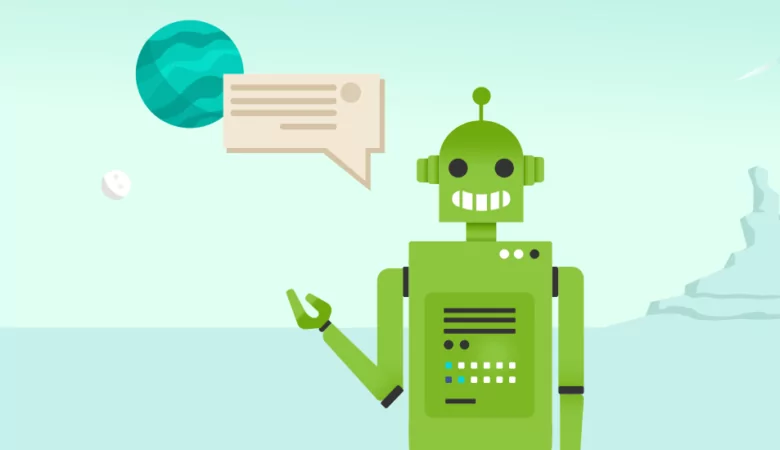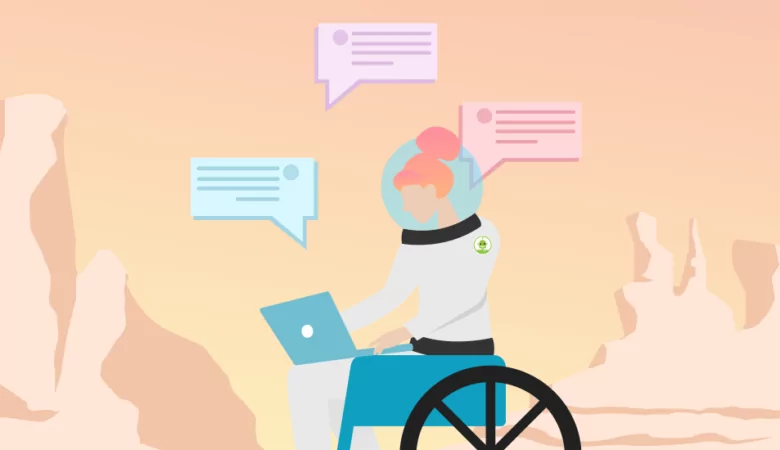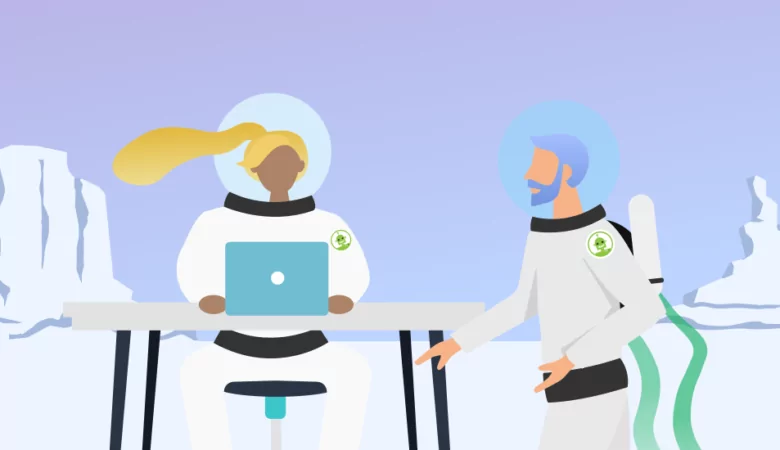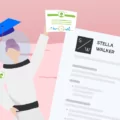“What is Your Greatest Weakness?” is a common interview question interviewers like to ask. Learn how to respond to this tricky question and make an impression.
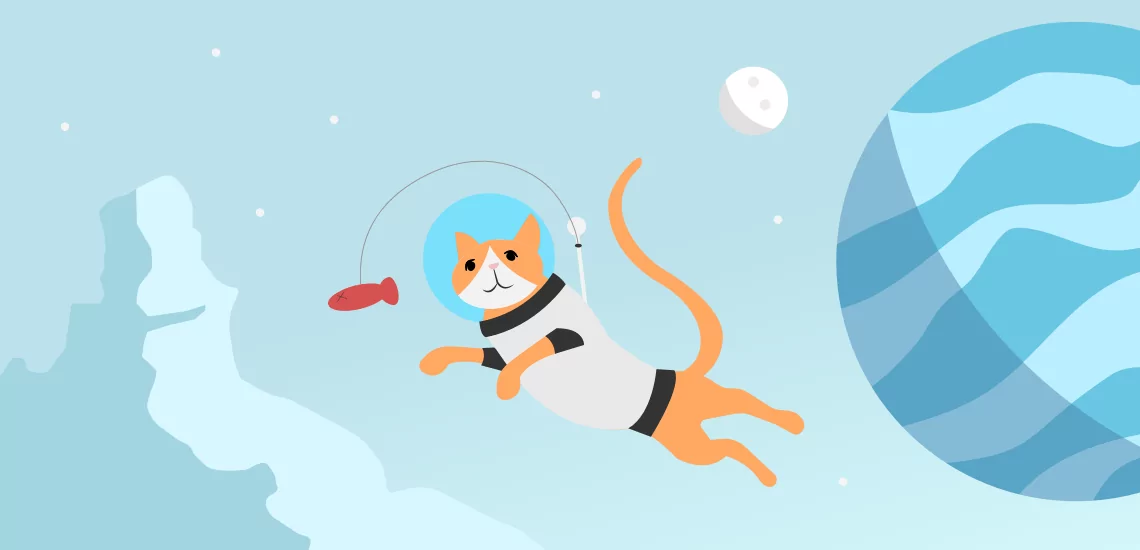
Best Ways to Answer “What Is Your Greatest Weakness?”
What Is Your Greatest Weakness
It can be difficult to answer the question, “What is your greatest weakness?” during the interview process. You want to seem competent, a perfectionist, and a strong contender for the position. When the hiring team asks you to share your biggest weakness, your answer must come across as honest and unscripted. It’s essential to frame weaknesses positively and also show you possess self-awareness. Here are some of the best ways to answer this tricky question to make you stand out in the interview.
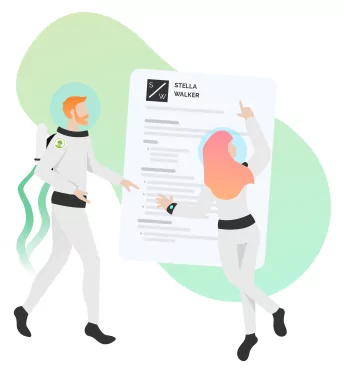
Why Do Employers Ask “What Is Your Greatest Weakness?”
One of the main reasons why employers ask this question in the first place is to assess your self-awareness. The hiring manager will be looking for honesty and an unscripted response that will show your aptitude. Other reasons they may ask, “What Is Your Greatest Weakness?” are:
- Assess your ability to improve
- Determine if you are open to constructive feedback
- Evaluate your self-assessment skills
You may have a hard time answering this common job interview question. But it’s important to remember everyone has weaknesses. Hiring managers really want to know if you have an action plan on how to improve on them.
What To Consider When Answering ‘'What Are Your Weaknesses?’'
To answer this hard question effectively, you need to ensure you have included these three important elements:
1.Avoid cliches
When responding to the question, you need to talk about a genuine weakness and avoid disguising a strength as a weakness. Hold off using the old trick of insisting that being a perfectionist is your greatest weakness at work. It comes across as cliched and dishonest. You do not want to list anything that could potentially get in the way of your ability to do a good job. This will throw up a red flag to the hiring manager.
2. Self-awareness
Possessing self-awareness is fundamental to impressing the hiring team. You should take some time to consider your real weaknesses before an interview and prepare some sample answers.
3. Potential for improvement
When drawing attention to your area of weakness, ensure you include how you’re improving. The purpose of the question is to find out how you are trying to improve yourself. A thoughtful, considered answer will impress a recruiter and help you secure a job offer for a new job.
Best Example Answers
It is sometimes hard to think of a good weakness when being asked job interview questions, so here is a list of weaknesses you could discuss to give the best type of answer:
-
Project management
-
Management skills
-
Multitasking
-
Soft skills
-
Time management
-
Lacking confidence
-
Sharing responsibilities
-
Self-criticism
-
Having trouble saying no
-
Organizing team meetings
-
Public speaking
-
Delegating
-
Difficulty asking for help
-
Work/Life balance
Think through your answer to “What Is Your Greatest Weakness?” and not leave it to the last minute, as the interviewer is most likely going to ask follow-up questions about this weakness. It will seem that you are dishonest and lack self-awareness if you can’t answer these follow-up questions effectively. Always use a genuine weakness to provide a good answer.
FAQ: “What Is Your Greatest Weakness?”
“What is your greatest weakness?” is one of the most difficult job interview questions. There are several different elements you need to include in your answer:
- Don’t underestimate yourself
- Demonstrate self-awareness
- Provide examples of self-improvement
- Don’t mention something that will stop you from succeeding in the role
- Consider follow-up questions
- Think about weaknesses in your personal life
- Think about the support you may need
A hiring manager may frame the question in a variety of ways such as:
- What affects your quality of work?
- What is your greatest strength and your worst weakness?
- What would your previous employer say is your biggest weakness?
- Tell me about a time you overcame a hardship at work.
Reframing the weakness question into a positive statement will impress the interviewer. Here are some examples you can use:
- Describe solutions you’ve found for past problems
- Highlight your teamwork skills by describing how you helped others on your team with a similar problem in your last job
- Discuss a situation where you took feedback from others
- Describe how you mitigated an issue that was caused by your weakness
- Provide an example of how you produced quality work

